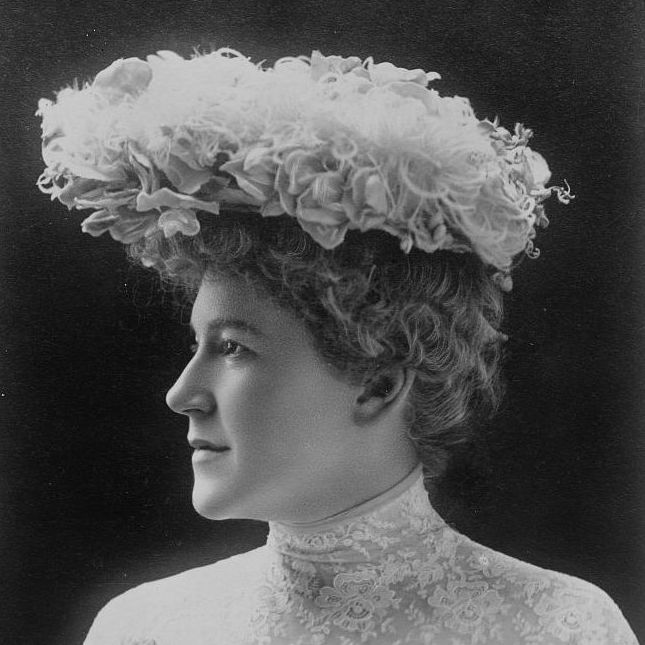After the fierce midsummer all ablaze
Has burned itself to ashes, and expires
In the intensity of its own fires,
There come the mellow, mild, St. Martin days
Crowned with the calm of peace, but sad with haze.
So after Love has led us, till he tires
Of his own throes, and torments, and desires,
Comes large-eyed friendship: with a restful gaze,
He beckons us to follow, and across
Cool verdant vales we wander free from care.
Is it a touch of frost lies in the air?
Why are we haunted with a sense of loss?
We do not wish the pain back, or the heat;
And yet, and yet, these days are incomplete.
Published:
1883
Length:
Shorty
Literary Movements:
Modernism
Anthology Years:
2023
Themes:
Love & Relationships
Nature
Literary Devices:
Alliteration
the repetition of the same letter or sound at the beginning of words appearing in succession
Imagery
visually descriptive or figurative language, especially in a literary work
Metaphor
a comparison between two unrelated things through a shared characteristic
Paradox
a situation that seems to contradict itself
Personification
the attribution of human qualities to a non-human thing
Rhetorical Question
a question asked for effect, not necessarily to be answered

